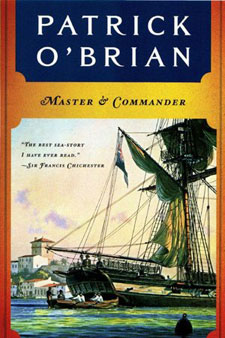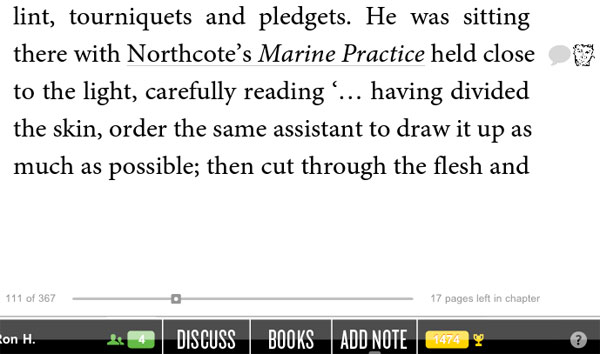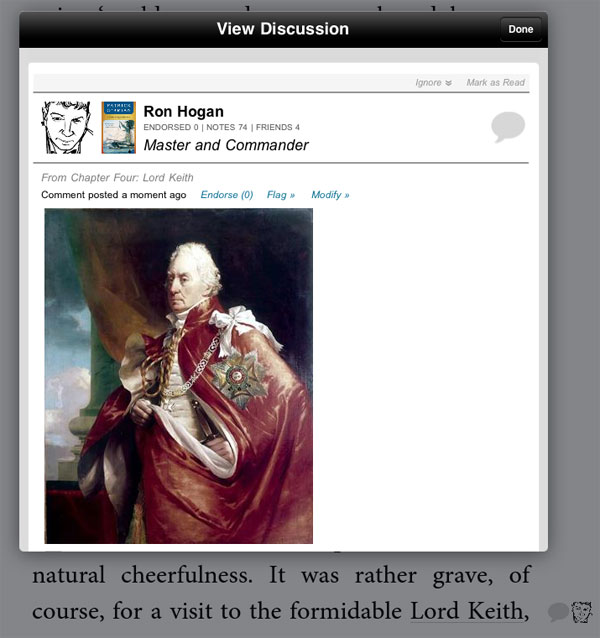Whatcha Reading, Diana Abu-Jaber?
Diana Abu-Jaber describes her latest novel, Birds of Paradise, as an integral part of coming to terms with the move she and her husband made from Portland to Miami several years ago. “If we were going to have a child we were going to raise it in Miami,” she explains. “A commitment to a child was also a commitment to a place. I wanted to fall in love with Miami. I knew that living there wasn’t going to suffice. I had to start giving myself to the place and demanding that it give itself to me.” As she began writing, she discovered that the novel was tapping into a fear she hadn’t even known she’d had. “The local news was all about missing kids and runaways and I realized that was one of my big parental nightmares,” she says of the decision to base her story around a family coming to terms with the eighteenth birthday of their runaway daughter. “Writing a book about what scares me is a way of trying to become braver.”
Abu-Jaber still teaches at Portland State University, and she told us about the reading lists for her two classes this semester. For a course on modern Arab-American literature, she’s assigned books by Randa Jarrar, Naomi Shihab Nye, and Mohja Kahf, “all of them approaching cultural difference from unique perspectives, and talking about what it feels like to be caught in that collision between places.” She’s is also teaching a course on the art of writing the novel, and she’s picked out several books that are “masterful in the way they approach the construction of the novel” and can give other writers valuable insights into matters of craftmanship like character, voice, and structure. Those books include:
- Super Sad True Love Story, Gary Shteyngart
- The Emperor’s Children, Claire Messud
- Olive Kitteridge, Elizabeth Strout
- Tinkers, Paul Harding
- Gilead, Marilynne Robinson
- The Maytrees, Annie Dillard
22 December 2011 | uncategorized |
I’m Making Notes in My Ebooks. Come See!
 I recently began consulting with the developers of Subtext, an iPad app that enables readers to annotate Google Books—or any other ebooks formatted with Adobe DRM, such as Kobo—and then share those annotations with their friends who also have the app, or with the entire network. When Subtext launched last month, they had several books pre-annotated by the authors themselves, including Lev Grossman’s The Magician King and Frances Mayes’ Under the Tuscan Sun. David Ulin shares his thoughts on Nathanael West’s Miss Lonelyhearts, and while George R.R. Martin himself was unavailable, editors of some of the leading Song of Ice and Fire fan sites provide expert commentary on A Game of Thrones. My role is to focus on introducing even more authors and publishers to Subtext and encourage them to get involved, not just as a way to enhance their ebooks but to make real connections with readers through the dialogues that these marginal notes can spark. As the PaidContent article on the app’s launch suggested, “Here’s how social reading might actually work.”
I recently began consulting with the developers of Subtext, an iPad app that enables readers to annotate Google Books—or any other ebooks formatted with Adobe DRM, such as Kobo—and then share those annotations with their friends who also have the app, or with the entire network. When Subtext launched last month, they had several books pre-annotated by the authors themselves, including Lev Grossman’s The Magician King and Frances Mayes’ Under the Tuscan Sun. David Ulin shares his thoughts on Nathanael West’s Miss Lonelyhearts, and while George R.R. Martin himself was unavailable, editors of some of the leading Song of Ice and Fire fan sites provide expert commentary on A Game of Thrones. My role is to focus on introducing even more authors and publishers to Subtext and encourage them to get involved, not just as a way to enhance their ebooks but to make real connections with readers through the dialogues that these marginal notes can spark. As the PaidContent article on the app’s launch suggested, “Here’s how social reading might actually work.”
 After taking the app out for a test spin with The Magician King—replying to some of Lev’s notes, and adding some of my own—I decided to take advantage of the recent release of Patrick O’Brian’s novels about Jack Aubrey and Stephen Maturin in their first electronic editions to embark on a huge annotating spree. So, starting with Master and Commander, I’m going to try to annotate one book a month until I’ve reread my way through the entire series. Here’s what it looks like in-device:
After taking the app out for a test spin with The Magician King—replying to some of Lev’s notes, and adding some of my own—I decided to take advantage of the recent release of Patrick O’Brian’s novels about Jack Aubrey and Stephen Maturin in their first electronic editions to embark on a huge annotating spree. So, starting with Master and Commander, I’m going to try to annotate one book a month until I’ve reread my way through the entire series. Here’s what it looks like in-device:

I’m not explaining every one of the sails on the great ships—there’s charts at the beginning of the book for that!—but every time I run across a historical reference I don’t quite get, I look it up, and I share what I find out. And when I come across a passage I particularly like, I talk a little bit about why. (And I do love O’Brian’s language so—an amazing blend of 19th-century voice with modernist innovations like stream of consciousness and cinematic jump cuts.) I’m also a big fan of the way that I can insert images or audio/video files into my annotations, so if an actual historical personage like Lord Keith makes an appearance, I can call up his Wikipedia portrait.

(W.W. Norton isn’t involved in this project in any way—it’s just something I’m doing because I love the books, and I want to show people Subtext’s fantastic potential.)
If you have an iPad, I encourage you to download the free Subtext app and start using it. Come hang out in the pages of Master and Commander; if you become my friend, you’ll find out whenever I start annotating another book. If you own that book, too, you can read my notes for free—and just as in most online bookstores, you get to read a sample before you commit to buying your own copy of the book. Oh, and if you’re an author or a publisher, and you think this is something you’d like to get involved with, get in touch with me, and I can put you in touch with the folks at Subtext to discuss ways to promote any books you begin annotating. And on that note, I’m hitting the books again…
16 December 2011 | uncategorized |

 Our Endless and Proper Work is my new book with Belt Publishing about starting (and sticking to) a productive writing practice.
Our Endless and Proper Work is my new book with Belt Publishing about starting (and sticking to) a productive writing practice. 
